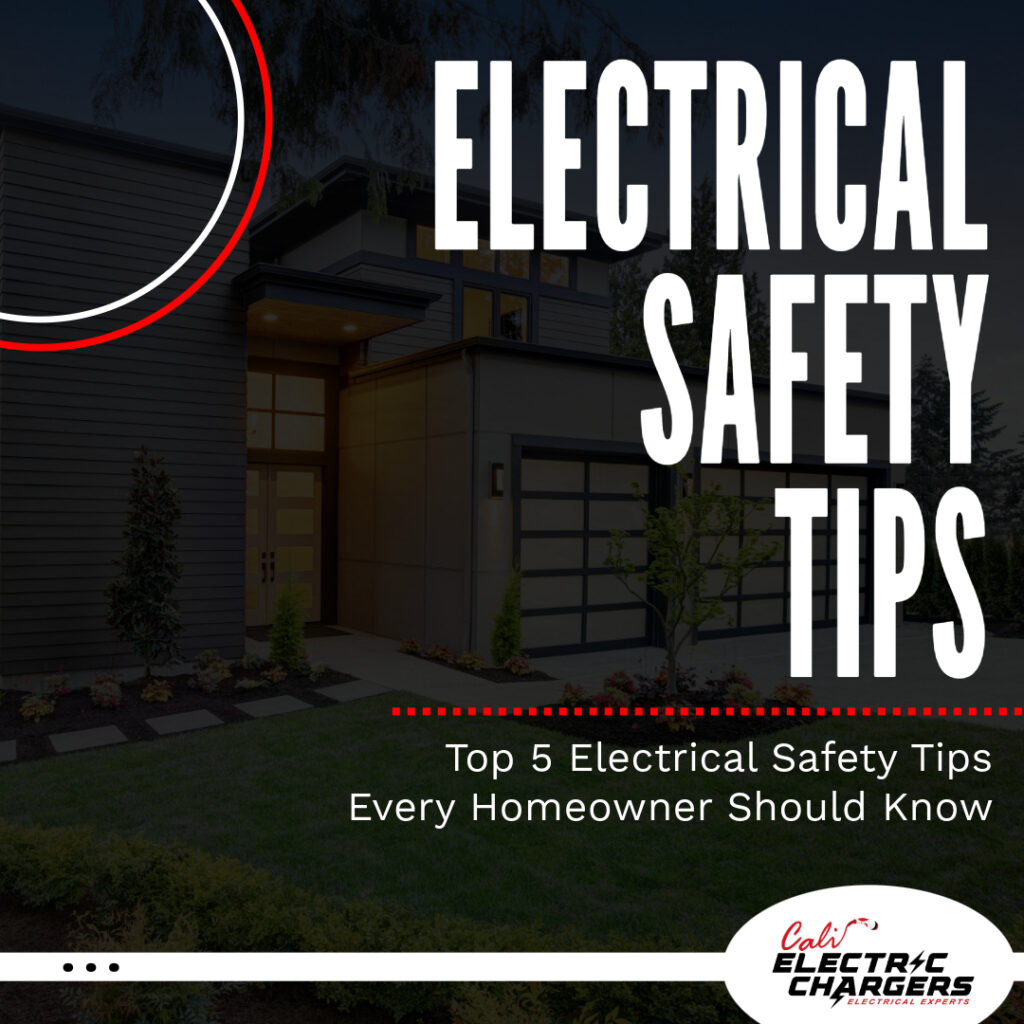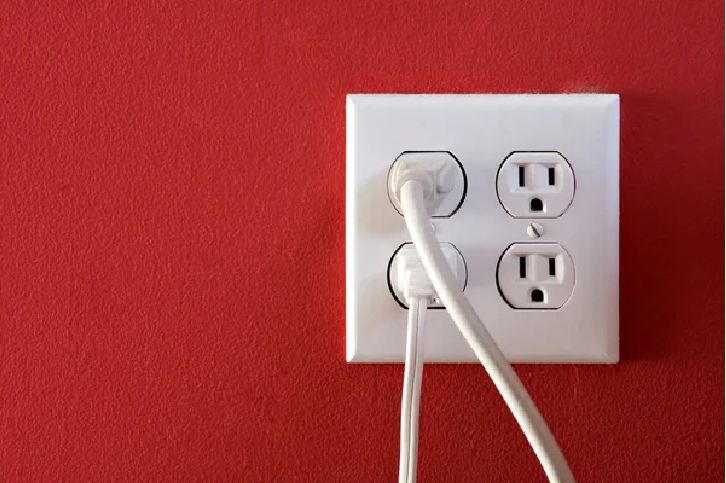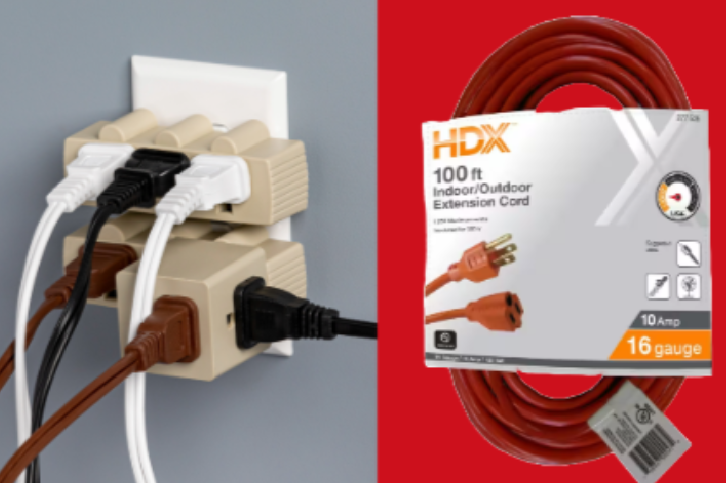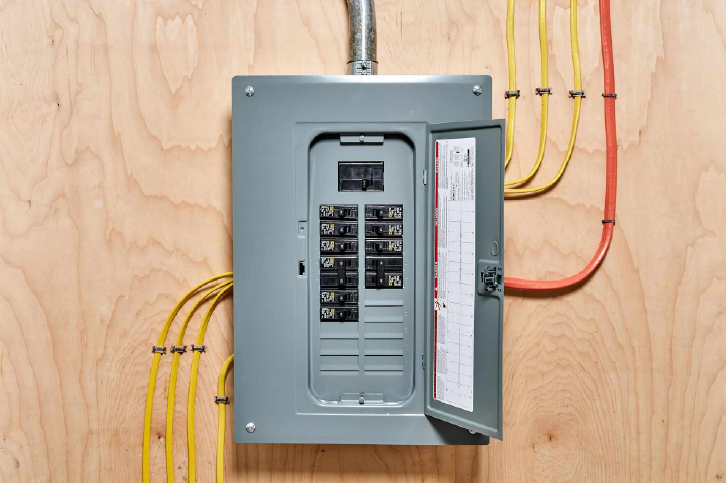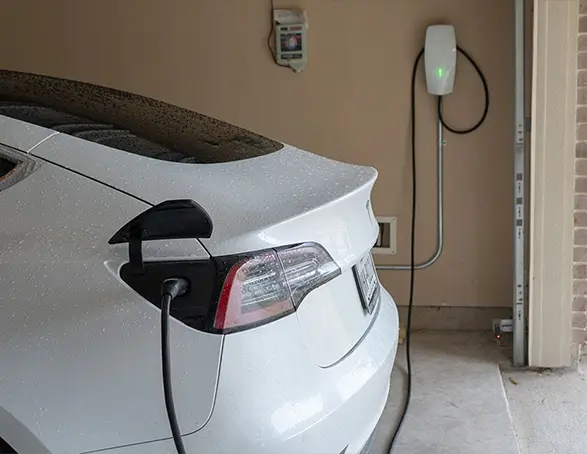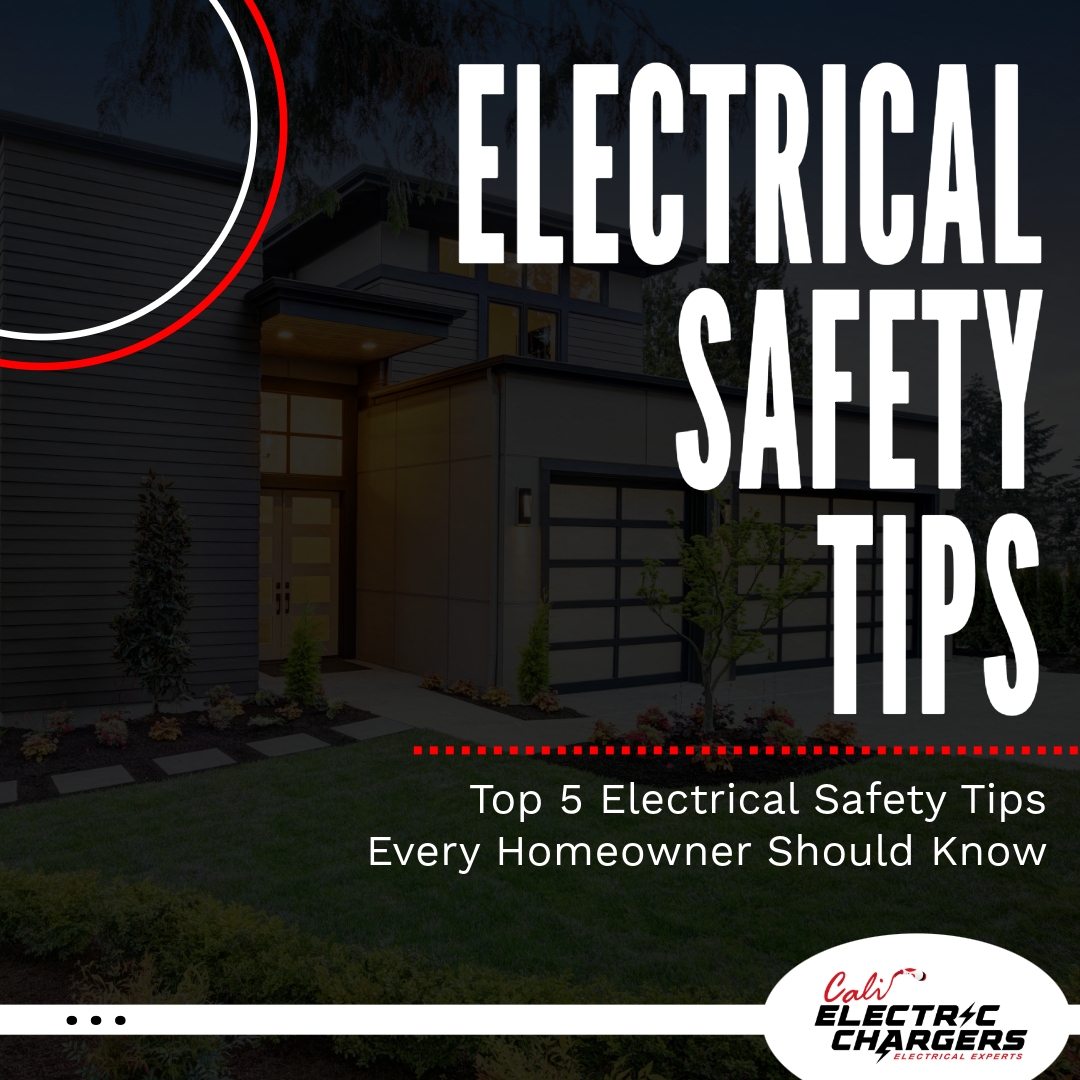Power Up with Ease: Seamless Installation & User-Friendly Operation of
Residential27 February, 20244:21 P.M. PSTPower Up with Ease: Seamless Installation & User-Friendly Operation of EV ChargersAs the world moves towards…
EV Charging Convenience with Cali Electric Chargers and Southern California
Residential4 September, 20249:00 A.M. PSTEV Charging Convenience with Cali Electric Chargers and Southern California Edison’s Charge Ready ProgramElectric vehicles (EVs)…
Great Benefits of Upgrading Your Electrical Panel: Is It Time
Residential4 September, 20249:00 A.M. PSTThe Benefits of Upgrading Your Electrical Panel: Is It Time for an Upgrade?Your electrical panel plays…
How to Choose the Right Electrician for Your Home or
How to Choose the Right Electrician for Your Home or Business…
5 Great Reasons Why Regular Electrical Maintenance is Crucial for
Electrical Maintenance for your Home…
Top 5 Electrical Safety Tips Every Homeowner Should Know
Residential4 September, 20249:00 A.M. PSTTop 5 Electrical Safety Tips Every Homeowner Should KnowElectrical safety is a critical aspect of maintaining…

Independence Day Safe and Festive Lighting Tips!
Residential27 February, 20244:21 P.M. PSTGet Your Home Ready for Independence Day with These Safe and Festive Lighting Tips!As Independence Day…
